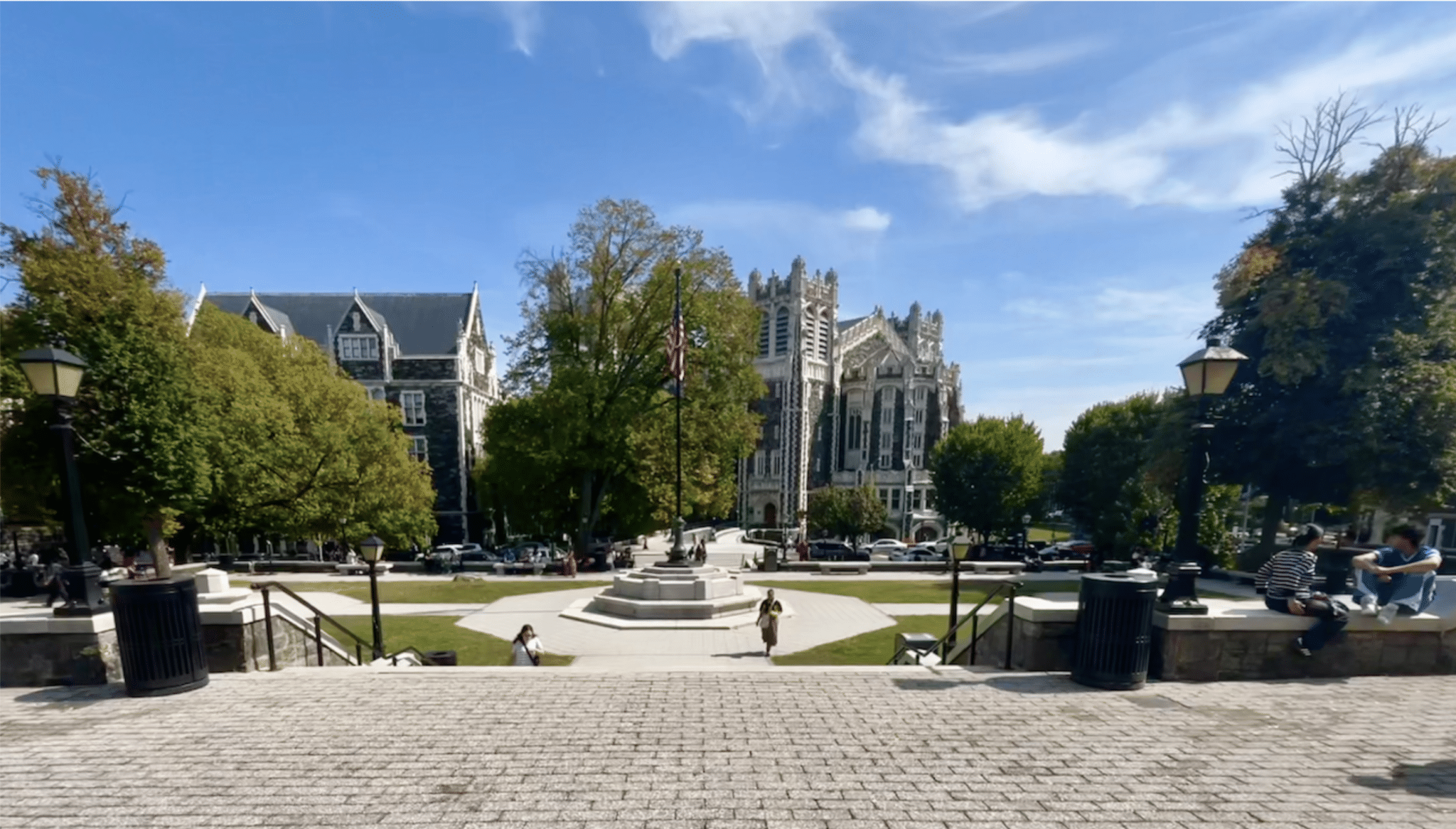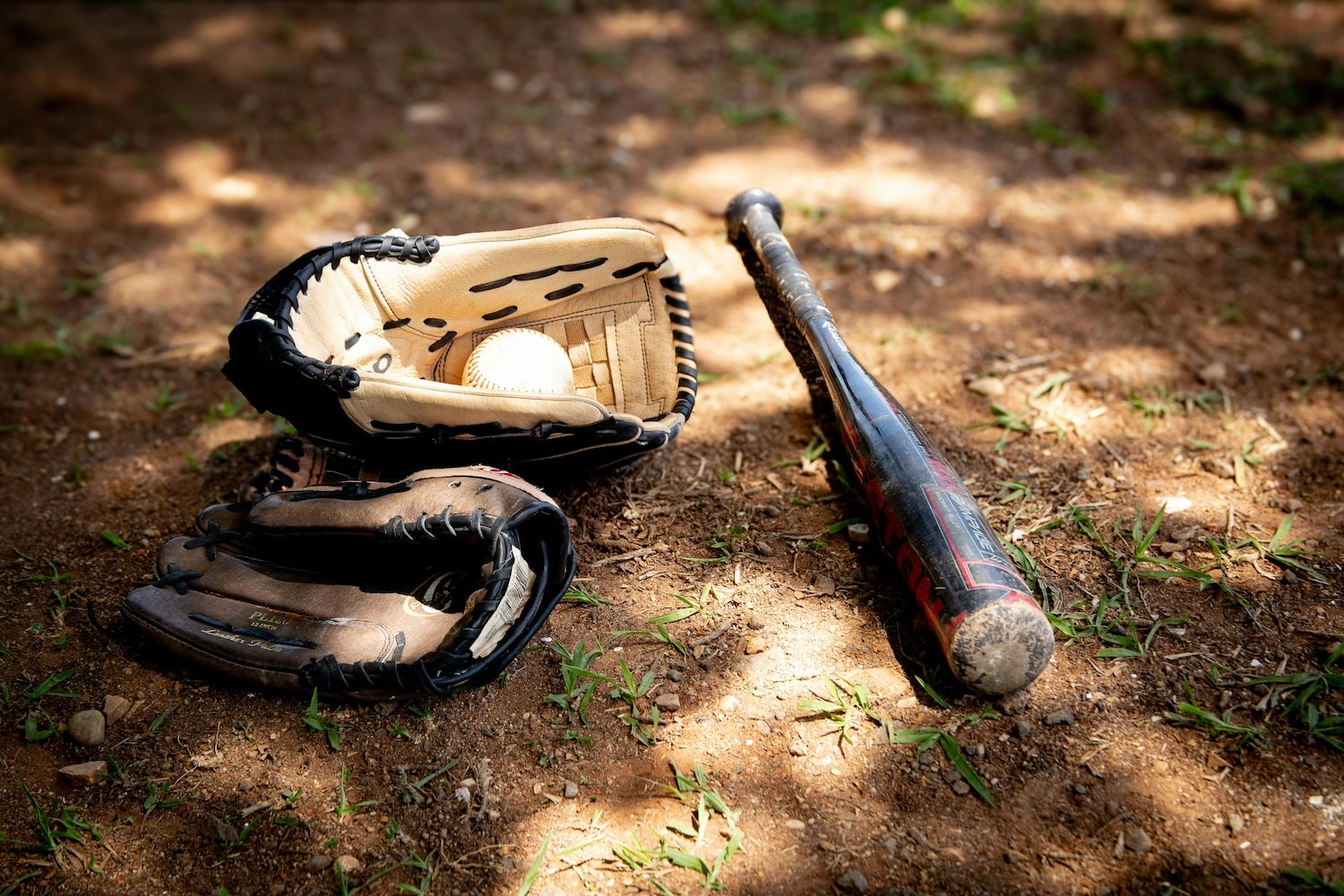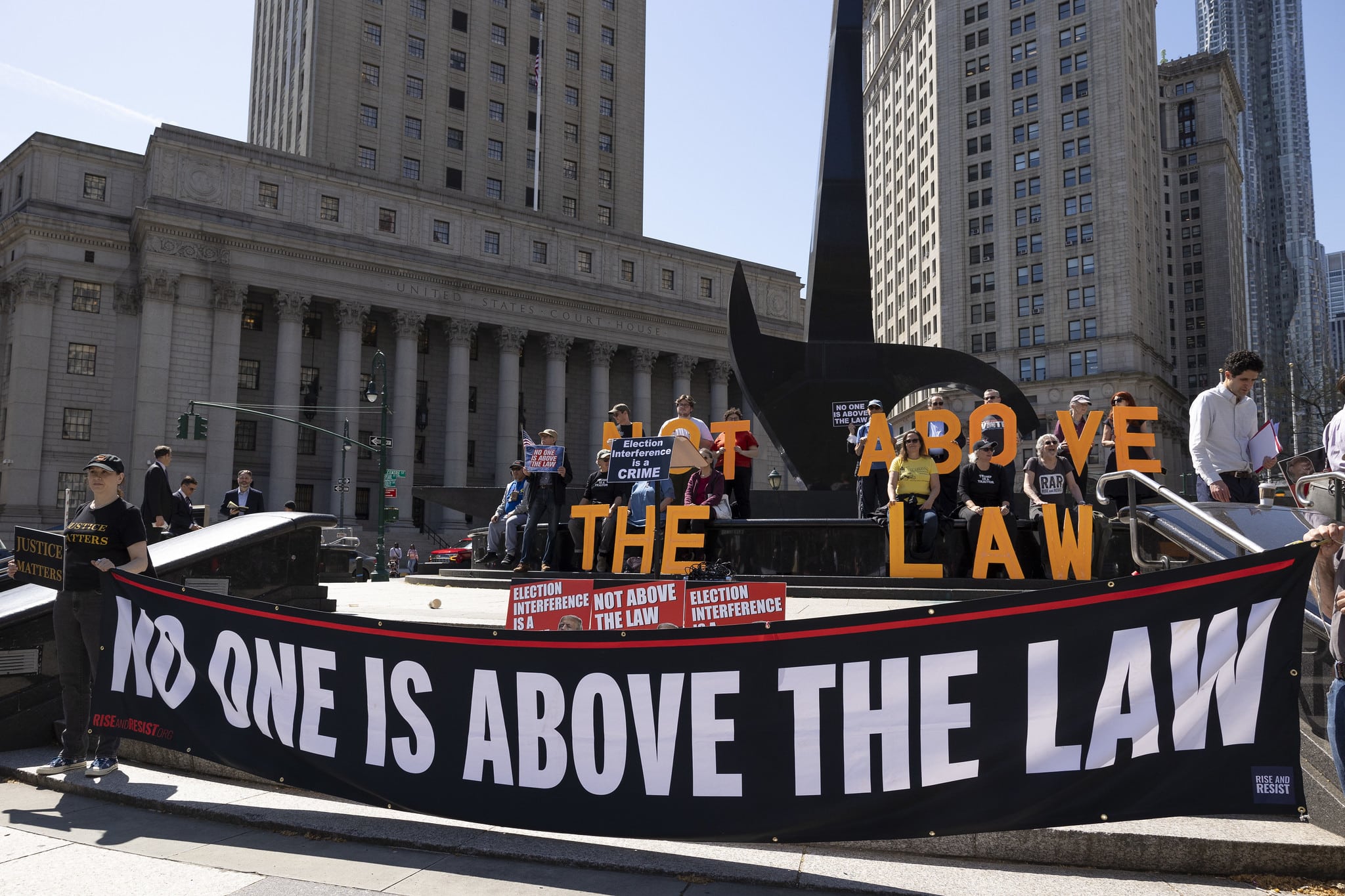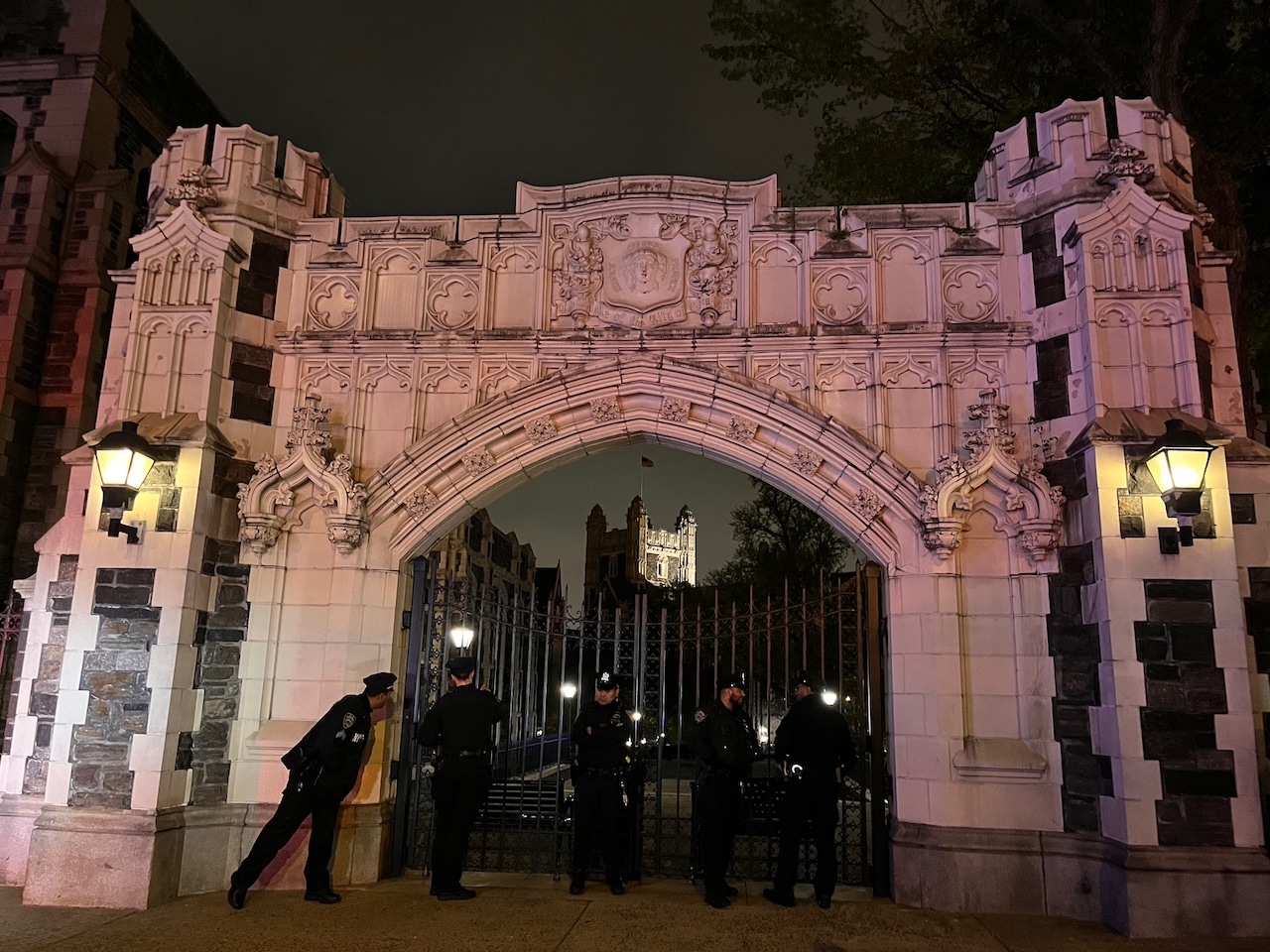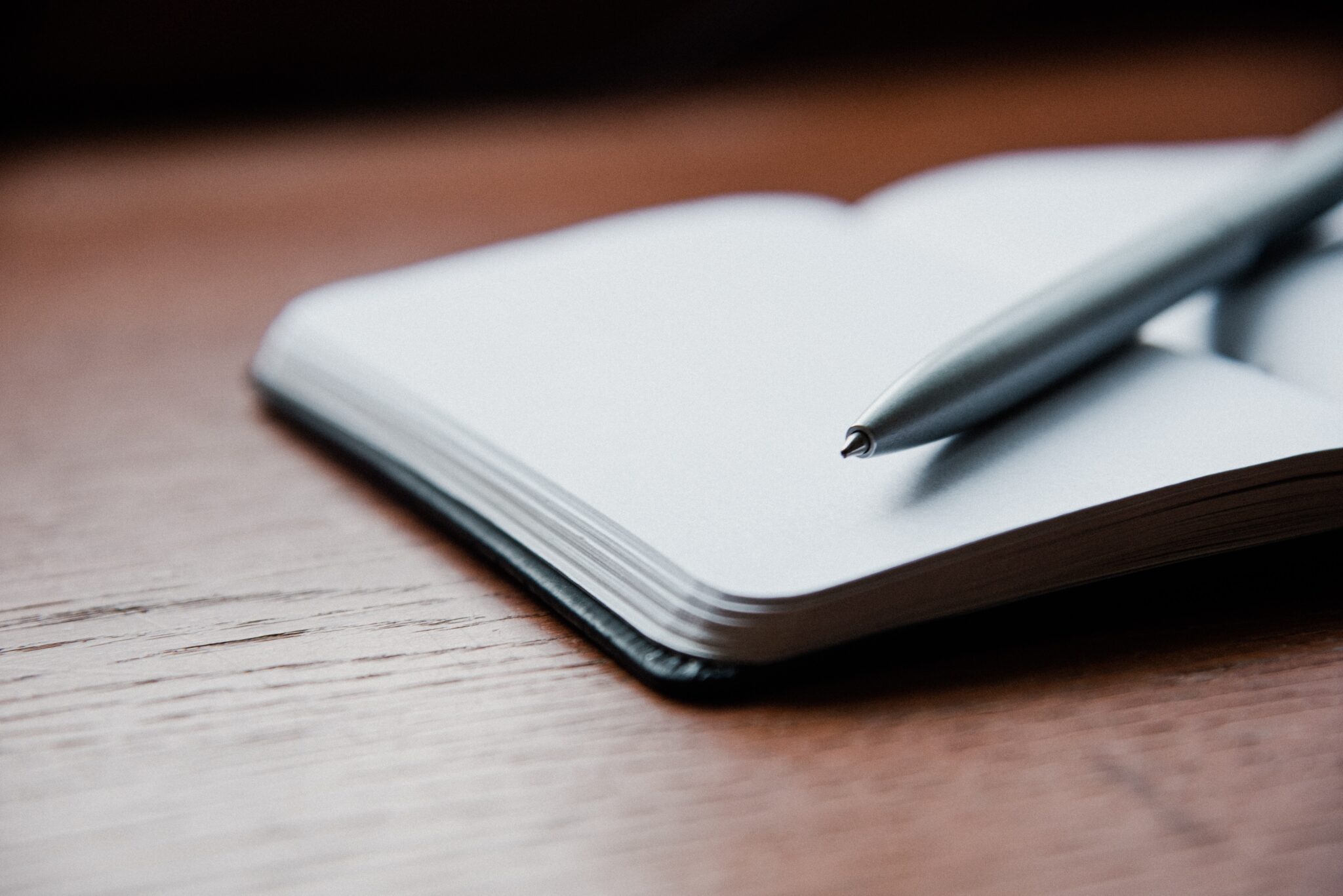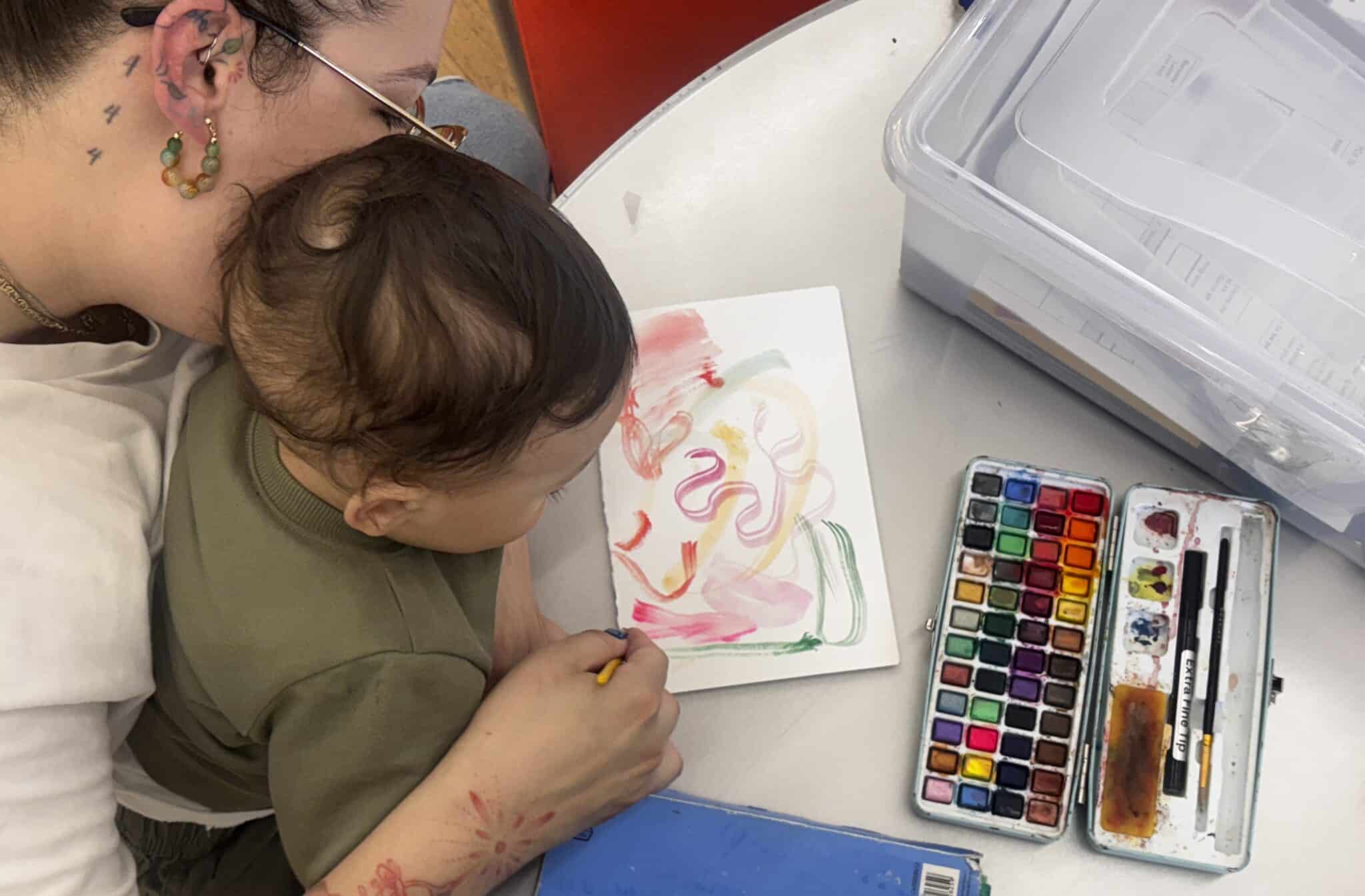The City College of New York's quiet campus in Harlem on November 13, 2024. Photo by Charlotte Reading.
As election season comes to a close, students at The City College of New York (CCNY) are bearing the weight of post-election anxieties. This campus, known for its blend of cultural backgrounds, languages, and perspectives, reflects the larger societal unease gripping the nation, as students voice concerns about everything from civil rights to economic policy.
“The atmosphere on campus in the days following the election was bleak. You could practically hear a pin drop in the quad,” says Sophia Hull, an English major. For many students, the recent election results represent more than just a shift in leadership; they echo deeper concerns about the future of American policies and their potential effects on personal lives.
Ryan Hitch, a political science Ph.D. student and professor at CCNY, discusses the international implications of a Trump presidency, especially regarding the concept of unilateralism. “The consequences of promoting something like ‘America First’ are that you prioritize partnerships between powerful countries, leaving smaller ones at a disadvantage,” he explains. “I don’t think a world with an isolated United States is necessarily a better world.”
As one of the most diverse campuses in the country, CCNY’s student body reflects New York City’s immigrant and working-class communities, bringing varied perspectives to the table on pressing issues raised by this election. For some, the focus is on immigration reform and the treatment of undocumented family members; for others, concerns include student loan forgiveness, reproductive rights, economic policies, and LGBTQ+ protections.
“Each election feels like it’s determining more than just the President,” says Olivia Anderson, a biomedical sciences senior aspiring to become an OB-GYN. “There’s a lot of anxiety for people going into the medical field, especially with the possibility of a national abortion ban.”
A recent poll by the American Psychological Association revealed that seven in ten adults report that the political climate is a significant source of stress in their day-to-day lives. This strain resonates deeply on CCNY’s campus, where students often juggle academic pressures along with economic and family responsibilities.
Sarah Vincent, a first-generation Haitian American, reflects on the overwhelming presence of social media in politics. “It’s easy to feel powerless, constantly reading about policies that might directly affect you and your family,” she says. Reacting to recent statements by Trump and other political figures about Haitian immigrants, she adds, “To not only disrespect but also incite violence against my community disgusts and scares me. I’m worried for my family, especially those in Florida or those considering moving there.”
CCNY has long been a center of political engagement, with student groups organizing debates, candidate forums, and voter registration drives throughout the election season. But with the election barely a week behind, students are caught in a swirl of existential dread and a desire for unity. Many are concerned about what ongoing polarization might mean for their personal lives and the nation’s cohesion.
Within the broader City University of New York (CUNY) system, this sentiment echoes. Lauren Charpentier, a criminal justice major at John Jay College, observes, “With the results out, people seem more entitled to voice hateful opinions. Recently, I’ve seen men online saying things like ‘your body, my choice.’”
Despite the tension, CCNY remains a supportive environment for its students. Open class discussions, campus clubs, and conversations with classmates remind students they’re not alone in their concerns. As the election aftermath settles, CCNY continues to serve as a microcosm for voices too often unheard in America’s political sphere.
Tags: abortion bans America First charlotte reading CUNY community Donald Trump election 2024 immigrant community political anxiety political climate political stress post-election anxieties
Series: Elections
